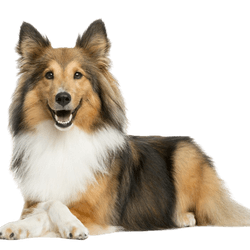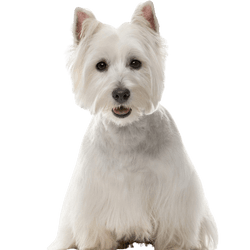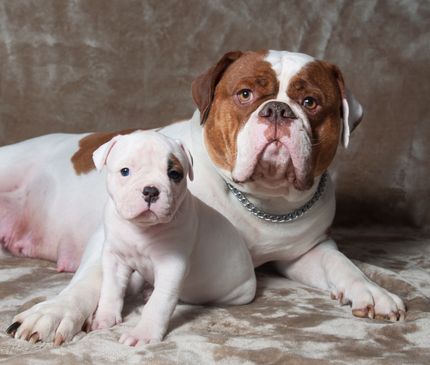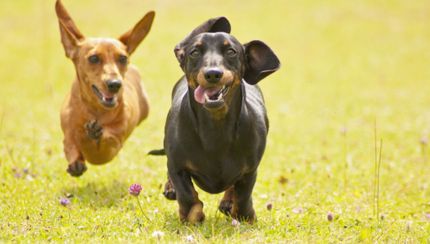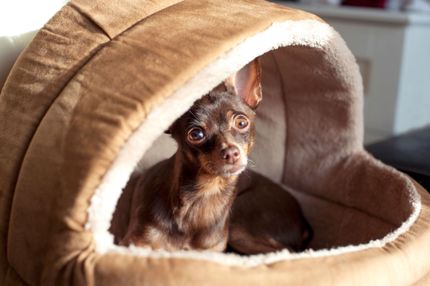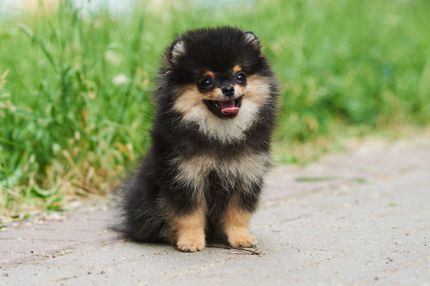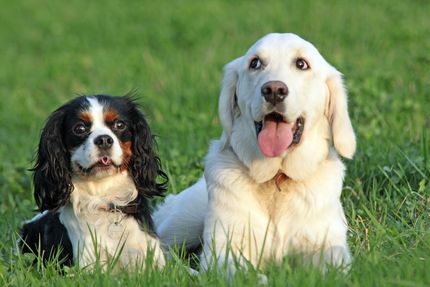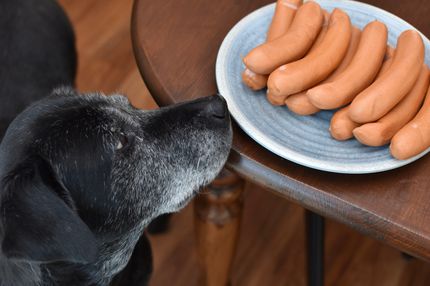Facts & Origin
Shelestie (Shetland Sheepdog and West Highland White Terrier Mix)
The intriguing mix of Shetland Sheepdog and West Highland White Terrier, known as Shelestie, is a less common but equally endearing hybrid breed. Both parent breeds have a rich history, with the Shetland Sheepdog originating from the Shetland Islands of Scotland and the West Highland White Terrier, often referred to as the "Westie," also having Scottish roots.
Suitability and Husbandry
The Shelestie makes an excellent family dog and is a good fit for individuals or families who are active and have plenty of time for exercise and play. They get along well with children and other pets and adapt well to both city and country life, as long as they get enough exercise and mental stimulation. Their size and adaptability also make them suitable for apartment living.
| Alternate Name | - |
| Origin | Scotland |
| Life expectancy | 12 - 16 years |
| Care requirements | high-maintenance |
| Activity level | high - average |
| FCI group | not recognised |
| AKC group | not recognised |
| KC group | not recognised |
More Shetland Sheepdog mixes
More West Highland White Terrier mixes
Attitude, character and temperament of the breed
Possible character traits
Friendly, agile and intelligent dogs, Shelesties are known for their adaptability and strong will to please. They inherit the liveliness and loving nature of the West Highland White Terrier, as well as the dedication and working ability of the Shetland Sheepdog. They are often lively and playful, with a strong instinct to protect their family.
Overall, the Shelestie is a lovable, intelligent and adaptable dog that makes an excellent companion for many different types of households. They are active dogs that need plenty of exercise and mental stimulation, and they thrive in environments where they can be included in family activities. With proper care, love and attention, the Shelestie can be a loyal and loving family companion.
Character
Care and health
Shelesties require regular grooming to keep their coats in good condition. Weekly brushing helps prevent matting and keeps the skin healthy. Like all dogs, Shelesties need regular exercise to stay fit and healthy.
Health-wise, they are prone to some of the conditions that affect their parent breeds, including hip dysplasia and eye problems. Regular vet visits and precautionary health checks can help detect and treat these conditions early.
What does this mixed breed look like?
Shelesties can inherit a variety of physical characteristics from their parent breeds . They are usually medium-sized dogs, ranging from 25 to 40 centimeters tall and can weigh 7 to 14 kilograms. Their coats can be long and silky, similar to the Shetland Sheepdog, or shorter and coarser like the Westie. Colors vary from pure white to a mix of black, brown and white. They often have light brown, lively eyes and medium sized, drooping or standing ears.
| Fur length | long - medium |
| Fur | flat coated |
| Ear shape | Tilt-ear - Standing Ears |
| Tail | fanned out - short |
| Anatomy | sporty, rugged |
| Size ♀ | 26 - 41 cm |
| Weight ♀ | 6 - 12 kg |
| Size ♂ | 26 - 41 cm |
| Weight ♂ | 6 - 12 kg |
| Suitable For | - |
Known Diseases
MDR1 defect
The MDR1 defect is a defect in the MDR1 gene that can occur in some breeds of dogs and in humans. This results in the deficient or absent synthesis of a certain protein which is an important component of the blood-brain barrier, leading to hypersensitivity to some drugs.
Eye diseases
Often occur with allergies and intolerances.
Denture malocclusions
Malocclusions of the dentition often occur in dogs with short muzzles.
Patellar problems
Problems with the Patellar can be a displacement or weak kneecap, which is one of the most common causes of lameness in dogs, also because of overweight.
Tartar
If dogs don't get a good food or sugary food, tartar can quickly appear.
FAQ
-
The Shelestie usually grows to a medium size.
-
Yes, this hybrid breed requires intensive education.
-
No, this hybrid breed is not particularly good as a guard dog, as they are rather docile.
-
Yes, these mixed breeds are known to be very fond of children and form a close bond with their owners.
